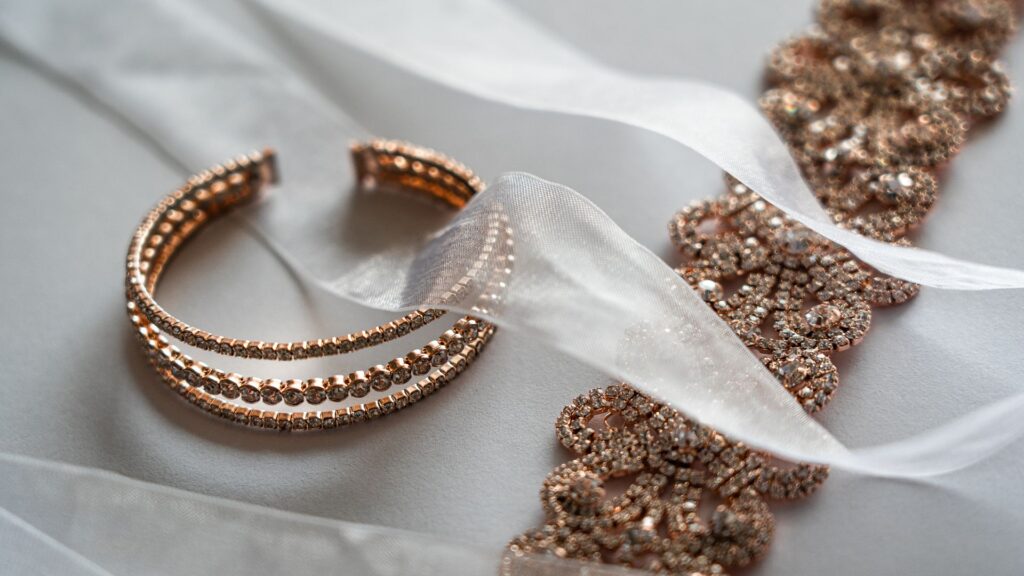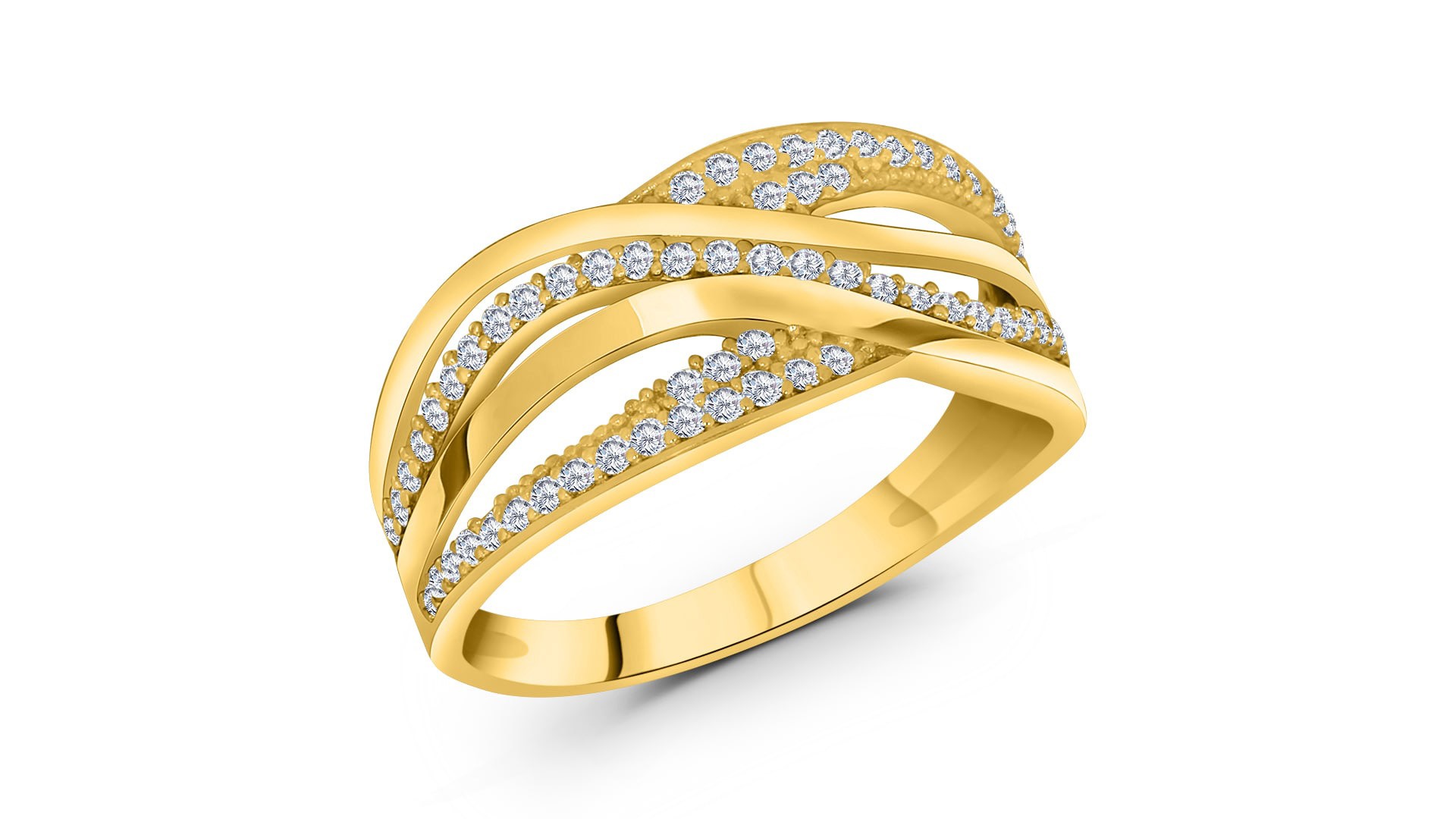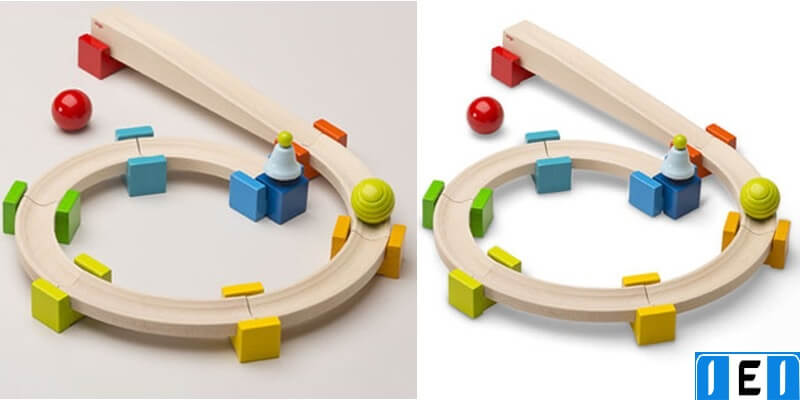In the realm of jewelry photography, capturing the essence and allure of intricate pieces requires creativity and precision. From sparkling diamonds to lustrous pearls, each piece tells a story of craftsmanship and elegance. In this article, we delve into 10 best tips for creative jewelry photography that will elevate your images and mesmerize your audience.
Define the Importance of Creative Jewelry Photography
Creative jewelry photography is not just about showcasing the beauty of ornaments; it’s about evoking emotions and highlighting the exquisite details that make each piece unique. In today’s digital age, compelling visuals play a crucial role in attracting customers and driving sales in the competitive jewelry market.
Types and Categories
Classic Jewelry
Classic jewelry encompasses timeless pieces such as solitaire rings, pearl necklaces, and diamond earrings. These pieces exude sophistication and grace, making them a staple in any jewelry collection.
Contemporary Designs
Contemporary jewelry designs push the boundaries of traditional aesthetics, incorporating innovative materials and unconventional shapes. From abstract pendants to geometric bracelets, these pieces cater to the modern tastes of fashion-forward individuals.

Symmetry and Composition
Emphasize Symmetry
Symmetry is key in jewelry photography as it accentuates the balance and harmony of each piece. Positioning the jewelry centrally within the frame or aligning multiple pieces symmetrically creates visually pleasing compositions that draw the viewer’s eye.
Play with Angles
Experimenting with different angles allows you to capture the jewelry from unique perspectives, revealing intricate details that might go unnoticed from a conventional viewpoint. Whether it’s a top-down shot showcasing the symmetry of a pendant or a close-up angle highlighting the texture of a ring, varied angles add depth and dimension to your photographs.
Lighting Techniques
Utilize Natural Light
Natural light is the photographer’s best friend when it comes to jewelry photography. Positioning the jewelry near a window or shooting outdoors during the golden hour bathes the pieces in soft, flattering light that enhances their brilliance and sparkle.
Softbox Lighting
For indoor shoots or when natural light is unavailable, softbox lighting provides a controlled and diffused illumination that minimizes harsh shadows and reflections. Adjusting the intensity and angle of the softbox allows you to sculpt the light to suit the specific characteristics of each piece.

Background Selection
Solid Color Backdrops
A simple, solid color backdrop such as white, black, or neutral tones provides a clean and elegant canvas that directs the viewer’s focus solely on the jewelry. Avoid busy backgrounds that distract from the main subject and opt for seamless paper or fabric for a professional look.
Textured Surfaces
For a more artistic approach, experiment with textured surfaces such as marble, wood, or fabric to add depth and visual interest to your images. Ensure that the texture complements rather than overwhelms the jewelry, serving as a subtle backdrop that enhances its allure.
Post-Processing Techniques
Color Correction
Fine-tuning the colors in post-processing allows you to achieve accurate representations of the jewelry’s hues and tones. Adjusting the white balance, saturation, and contrast ensures that the colors pop without appearing oversaturated or muted.
Retouching
Refining the details through retouching eliminates imperfections and enhances the overall aesthetics of the jewelry. From removing dust and scratches to polishing gemstones for maximum brilliance, meticulous retouching elevates the quality of your images to professional standards.

Equipment and Gear
Macro Lens
A macro lens is essential for capturing the intricate details of jewelry with precision and clarity. Its close focusing capabilities allow you to magnify the smallest features, from delicate engravings to sparkling facets, ensuring that every aspect of the piece is showcased in sharp detail.
Tripod
Stability is paramount in jewelry photography to avoid blurry images caused by camera shake. A sturdy tripod provides a steady foundation for your camera, allowing you to achieve sharp focus and precise compositions even in low-light conditions.
Marketing and Presentation
Showcase Versatility
Highlighting the versatility of jewelry through styled photoshoots or creative pairings with different outfits and accessories demonstrates its potential to complement various looks and occasions. Encourage your audience to envision themselves wearing the pieces in their everyday lives, fostering a deeper connection with your brand.
Tell a Story
Incorporate storytelling elements into your photography by creating themed collections or narrative-driven campaigns that resonate with your target audience. Whether it’s a romantic proposal scene featuring engagement rings or a glamorous soirée showcasing statement necklaces, storytelling adds an emotional dimension to your marketing efforts.
Conclusion
Creative jewelry photography is a powerful tool for capturing the allure and elegance of fine ornaments while engaging your audience on a visual and emotional level. By implementing the ten best tips outlined in this article, you can elevate your jewelry photography skills and create captivating images that leave a lasting impression.














